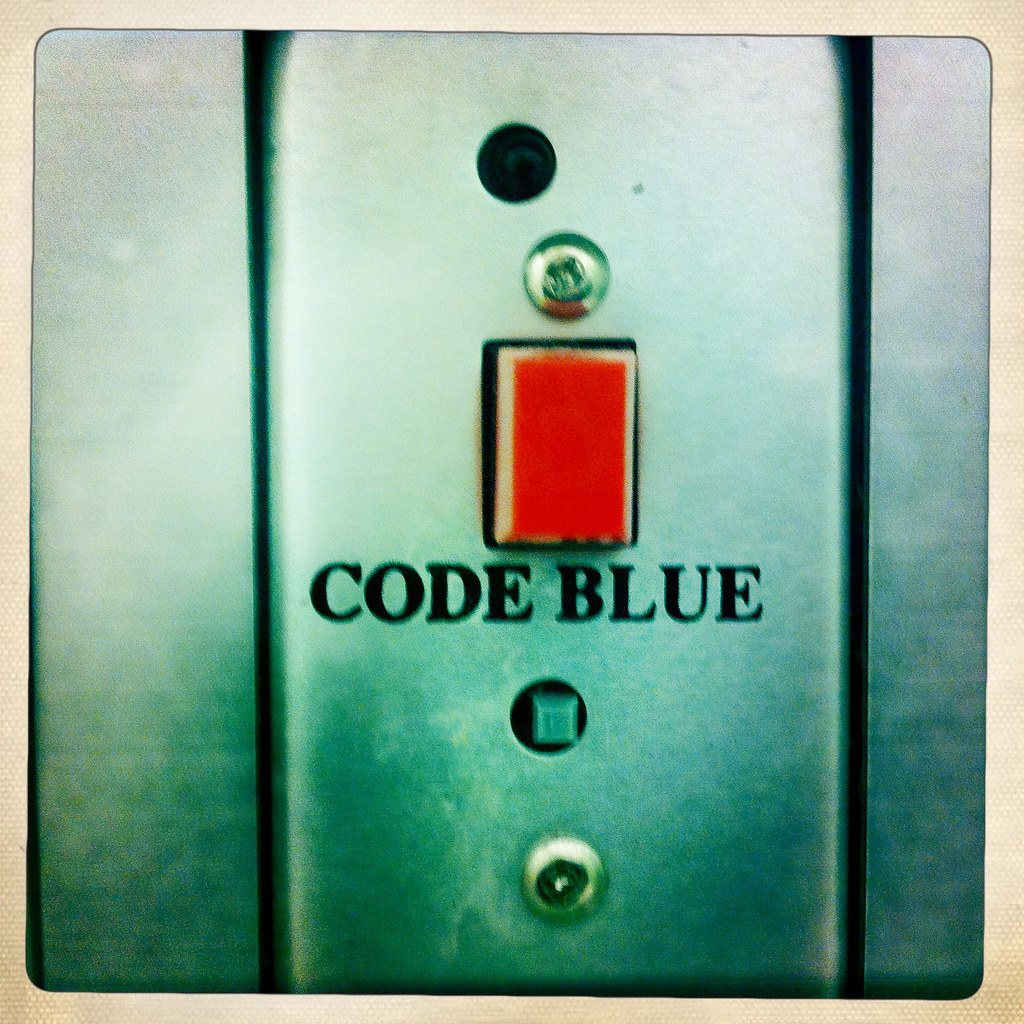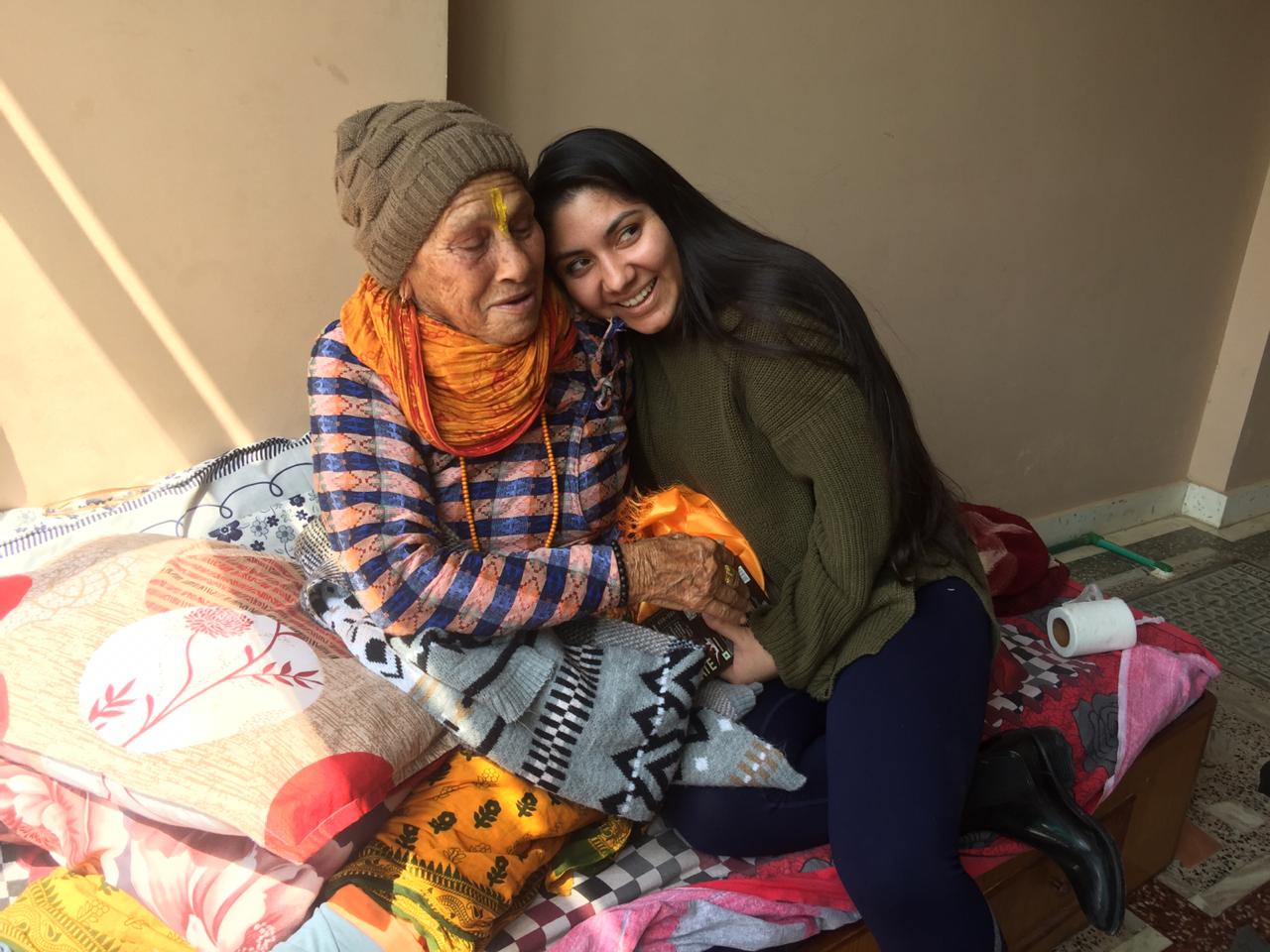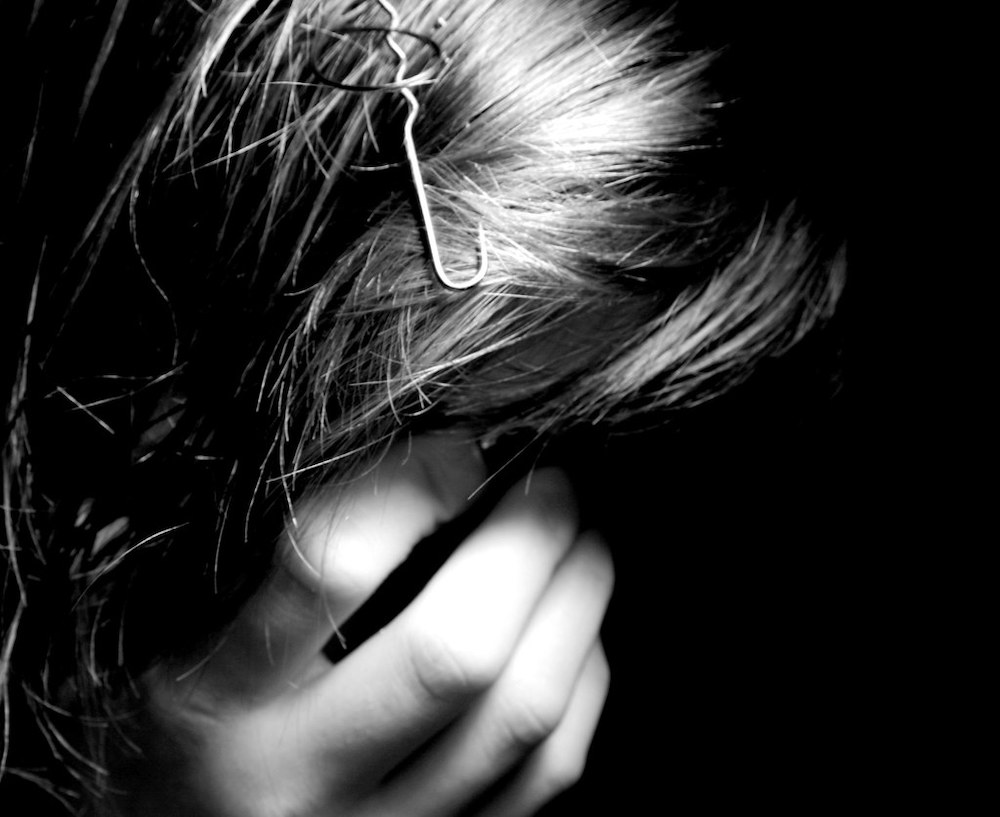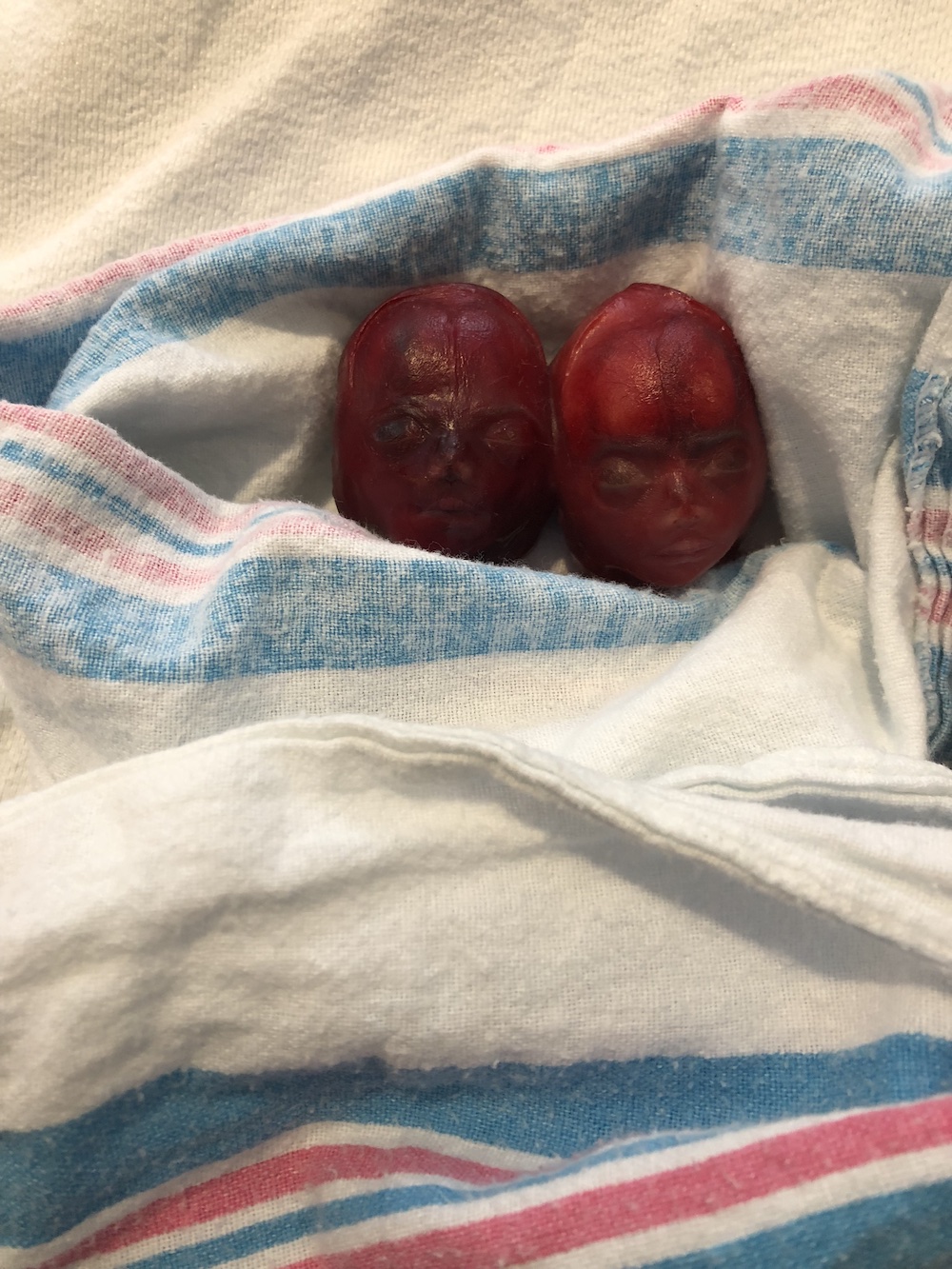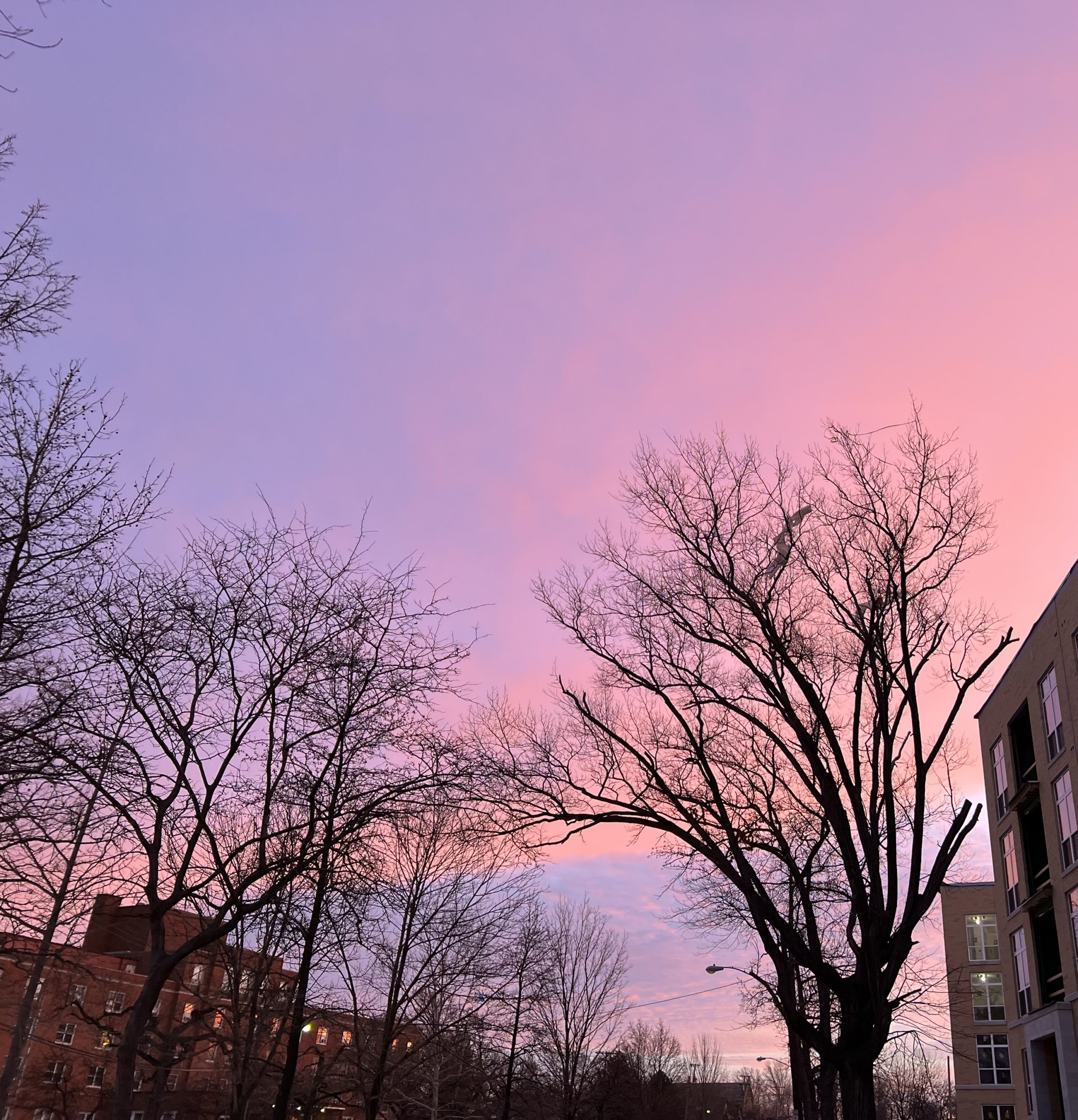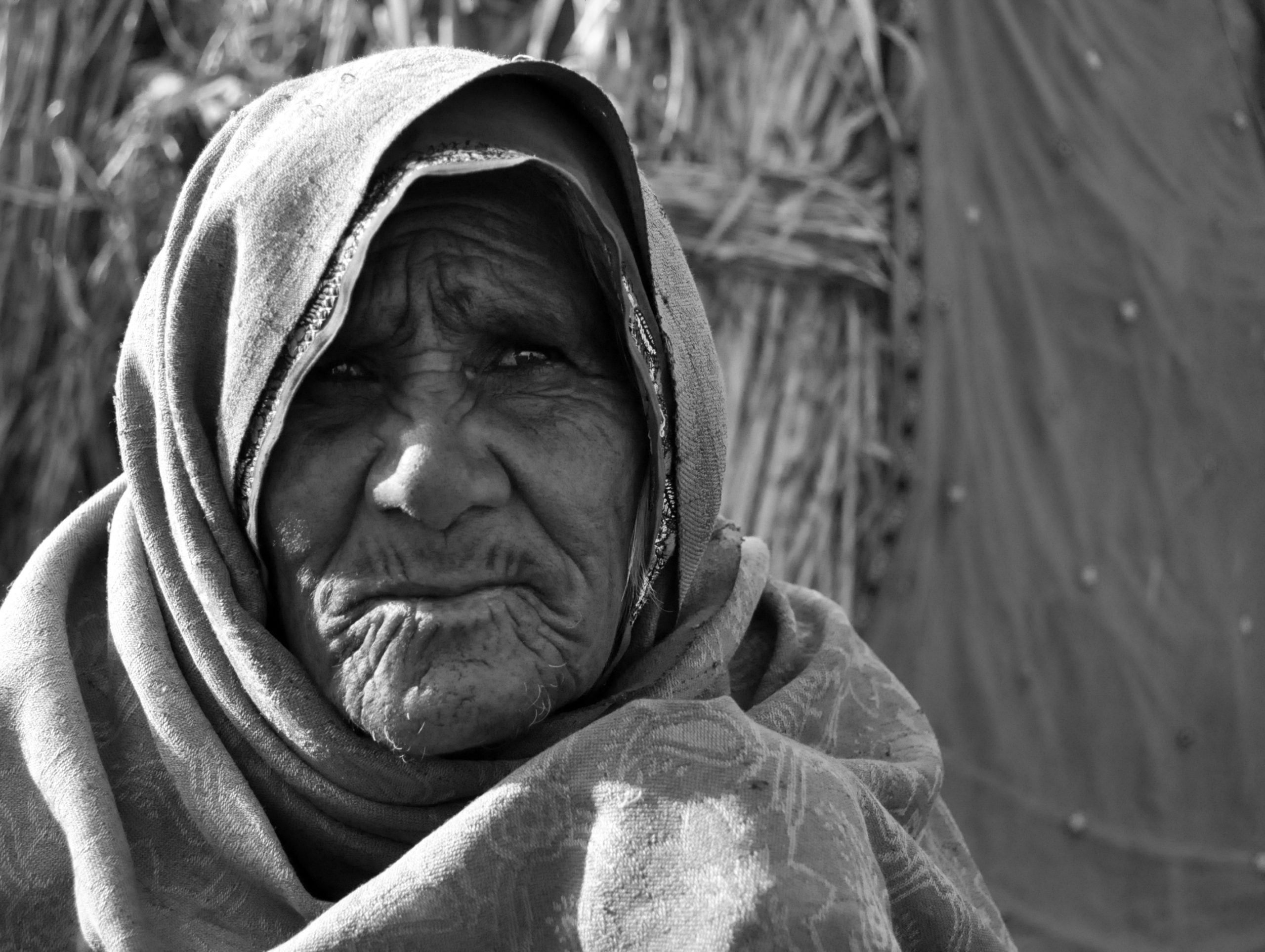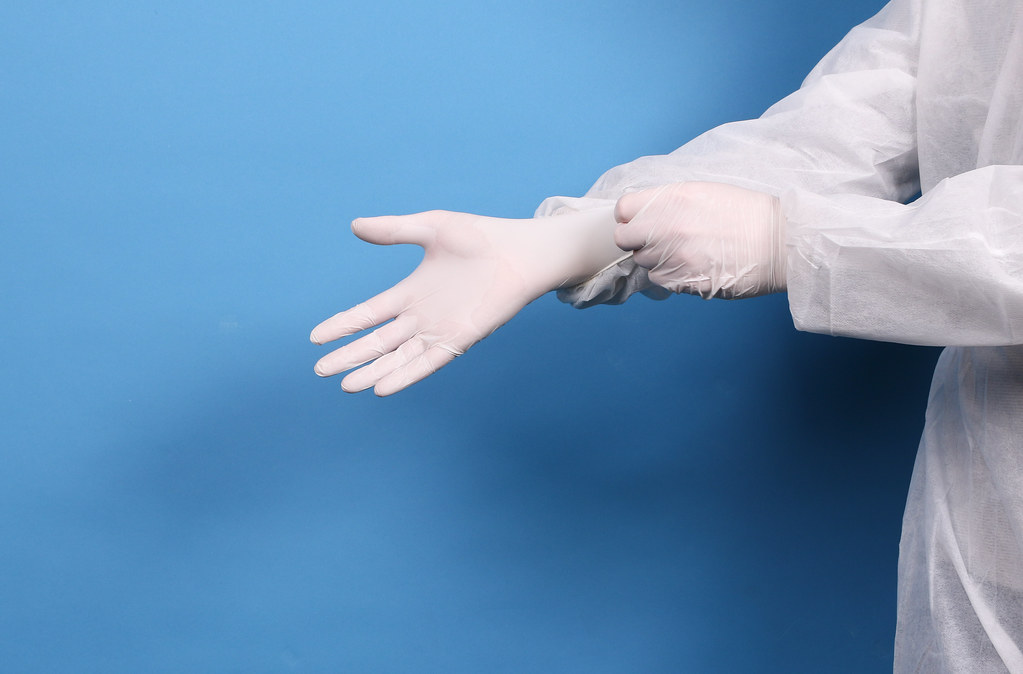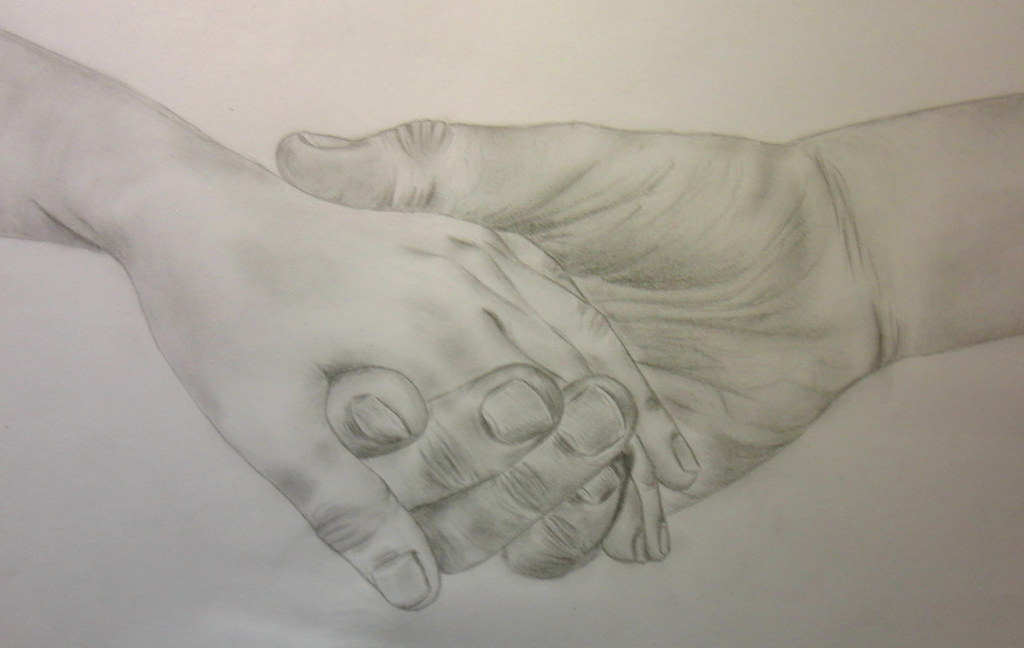The Blues of Code Blue
“Code blue!” They teach it as an algorithm and a protocol. But what you are not taught are the emotions attached to a code. I had just finished a cholecystectomy case on my surgery rotation and was walking by the medical intensive care unit when I heard “rapid response team, coronary care unit (CCU).” Since the CCU was not far and I am interested in emergency and critical care medicine, I decided to go to …


